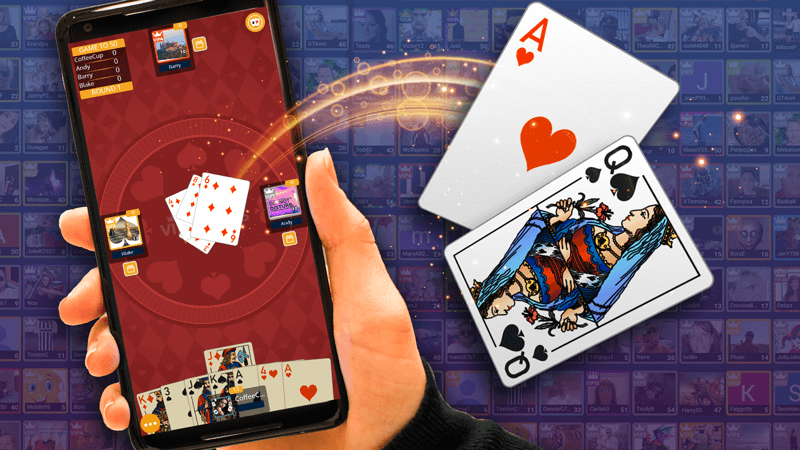In the last few decades, online gaming has transformed from a niche pastime into a global phenomenon, captivating millions and shaping the way we interact, socialize, and even learn Megaxwin. As technology continues to advance, the evolution of online games reflects broader societal trends, offering insights into our collective culture, creativity, and the future of entertainment.
A Brief History of Online Gaming
The roots of online gaming can be traced back to the early days of the internet. In the late 1970s and early 1980s, games like MUD (Multi-User Dungeon) combined text-based storytelling with multiplayer interactions, setting the stage for the future of gaming. As internet access grew in the 1990s, so did the variety and complexity of online games. Titles like EverQuest and Ultima Online introduced persistent worlds where players could interact, trade, and collaborate.
The advent of broadband internet in the early 2000s catalyzed the explosion of online gaming. Massively Multiplayer Online Role-Playing Games (MMORPGs) like World of Warcraft became cultural touchstones, boasting millions of subscribers and creating communities that extended beyond the screen. The success of these games demonstrated the potential for virtual spaces to foster real-world connections.
The Rise of Casual Gaming
As the gaming landscape evolved, so did the demographics of players. The rise of casual gaming can be attributed to the proliferation of smartphones and social media. Games like Candy Crush Saga and Among Us tapped into the desire for accessible, engaging experiences that could be enjoyed in short bursts. This shift not only broadened the audience for online gaming but also encouraged social interaction, as players often share their experiences and achievements with friends and family.
The Social Aspect of Online Gaming
One of the most significant impacts of online gaming is its ability to create social connections. Players from diverse backgrounds come together in virtual worlds, collaborating and competing in ways that transcend geographic boundaries. Online gaming communities often form around shared interests, leading to friendships that extend beyond the digital realm. Platforms like Discord have further enhanced these connections, allowing players to communicate and build communities in real time.
Moreover, the rise of esports has turned gaming into a spectator sport. Major tournaments attract millions of viewers, and professional gamers have become celebrities in their own right. The competitive nature of esports fosters camaraderie among fans and players alike, creating a sense of belonging and shared purpose.
The Educational Potential of Online Games
Online games are increasingly being recognized for their educational potential. Gamification—the integration of game mechanics into non-game contexts—has gained traction in various fields, from corporate training to K-12 education. Games like Minecraft: Education Edition allow students to explore complex concepts like engineering and history in an engaging, interactive environment.
Additionally, many online games promote critical thinking, problem-solving, and teamwork. Players must strategize, adapt, and communicate effectively to succeed, skills that are highly valued in today’s workforce. As educators and institutions continue to explore the potential of games for learning, the boundaries between entertainment and education are becoming increasingly blurred.
Challenges and Considerations
Despite the many benefits of online gaming, there are also challenges to consider. Issues such as addiction, cyberbullying, and toxic behavior can detract from the gaming experience. Developers and communities are working to address these concerns through initiatives that promote positive interaction, create safe spaces, and foster a culture of respect.
Furthermore, the environmental impact of gaming is an emerging concern. The energy consumption of data centers, gaming consoles, and devices contributes to a larger conversation about sustainability in the tech industry. As players become more aware of these issues, there is a growing demand for eco-friendly gaming practices and solutions.
